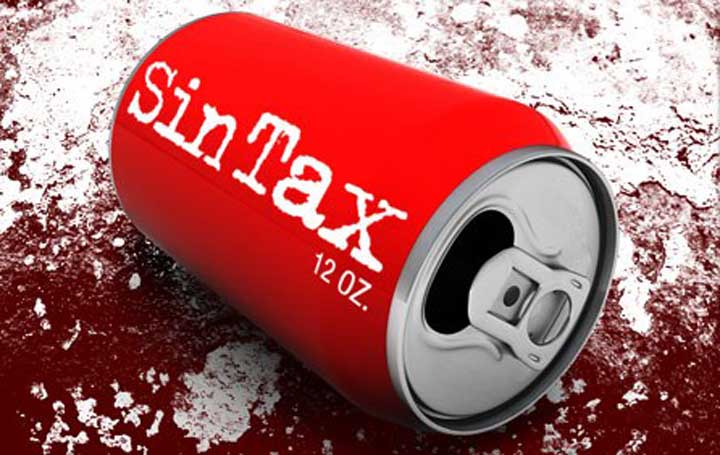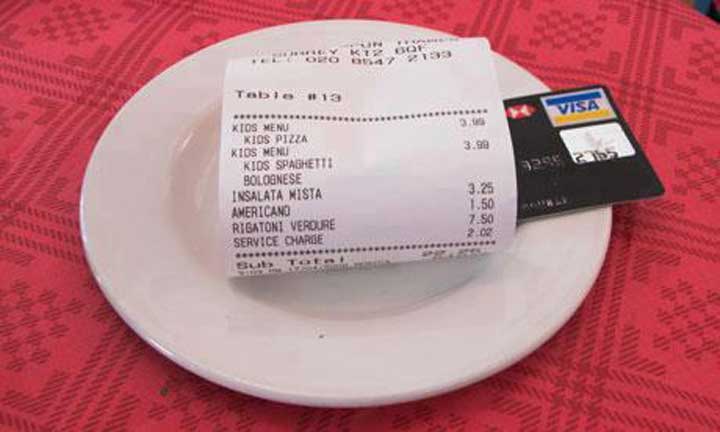Drink
Will You Soon Be Paying Extra Taxes For Aerated Drinks?
A couple of days ago, we told you about a concerning report that found that India’s sugar consumption is one of the highest in the world. Now, that problem may have a solution; chief economic advisor Arvind Subramanian has reportedly suggested an increase on the ‘sin tax’ on carbonated beverages that are infamous for their high sugar content.

What’s Sin Tax?
A sin tax is an additional amount of tax levied by the government on a product that is seen as harmful, such as alcohol, tobacco or even coffee. For instance, an increase on the taxes on tobacco recently reportedly resulted in a drop in tobacco sales.

The Pros
Several nutritionists and health advocates have welcomed the suggestion. India has seen a rise in lifestyle diseases such as diabetes and heart conditions, partially because of a high intake of sugars in sweets and processed goods. The proposed sin tax will possibly reduce consumers’ intake of the relatively cheap beverages.
“All of the evidence we have to date suggests that taxing sugary drinks would be far more powerful and effective for protecting public health than simple education measures. Such taxes also generate funds to further support public health and combat the rising rates of chronic diseases in India,” said Dr Sanjay Basu, assistant professor of Medicine at Stanford University to the Times of India.
Others are also arguing that the sin tax should be applied to all other artificially sweetened drinks including fruit juices and energy drinks to remain fair.
The Cons
While the effect of carbonated beverages on the body’s health cannot be disputed, some would argue that the intake of such beverages is an individual’s choice that should not be restricted by the government.
Additionally, the food and beverage sector has seen a large amount of taxation in the recent years, especially in restaurants, which has made eating out much more expensive for consumers. More taxes on beverages would only increase this problem.
For the most part, however, nutritionists and health advocates are welcoming the idea which will very likely see fruition in the upcoming Goods and Service Tax (GST) bill.






















